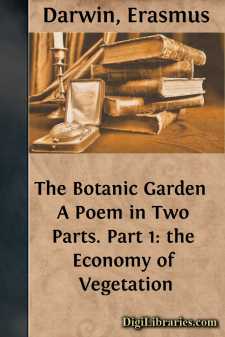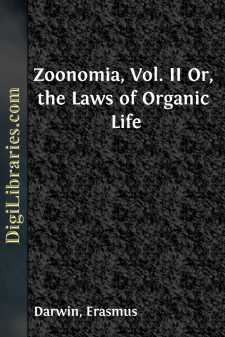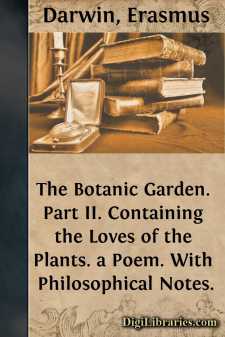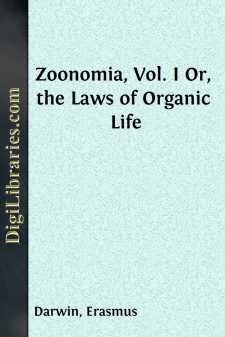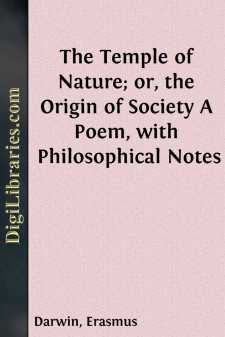Categories
- Antiques & Collectibles 13
- Architecture 36
- Art 48
- Bibles 22
- Biography & Autobiography 815
- Body, Mind & Spirit 144
- Business & Economics 28
- Children's Books 18
- Children's Fiction 14
- Computers 4
- Cooking 94
- Crafts & Hobbies 4
- Drama 346
- Education 58
- Family & Relationships 59
- Fiction 11829
- Games 19
- Gardening 17
- Health & Fitness 34
- History 1378
- House & Home 1
- Humor 147
- Juvenile Fiction 1873
- Juvenile Nonfiction 202
- Language Arts & Disciplines 89
- Law 16
- Literary Collections 686
- Literary Criticism 179
- Mathematics 13
- Medical 41
- Music 40
- Nature 179
- Non-Classifiable 1768
- Performing Arts 7
- Periodicals 1453
- Philosophy 65
- Photography 2
- Poetry 896
- Political Science 203
- Psychology 44
- Reference 154
- Religion 515
- Science 126
- Self-Help 85
- Social Science 82
- Sports & Recreation 34
- Study Aids 3
- Technology & Engineering 59
- Transportation 23
- Travel 463
- True Crime 29
Our website is made possible by displaying online advertisements to our visitors.
Please consider supporting us by disabling your ad blocker.
The Botanic Garden A Poem in Two Parts. Part 1: the Economy of Vegetation
by: Erasmus Darwin
Description:
Excerpt
Oft tho' thy genius, D——! amply fraught
With native wealth, explore new worlds of mind;
Whence the bright ores of drossless wisdom brought,
Stampt by the Muse's hand, enrich mankind;
Tho' willing Nature to thy curious eye,
Involved in night, her mazy depths betray;
Till at their source thy piercing search descry
The streams, that bathe with Life our mortal clay;
Tho', boldly soaring in sublimer mood
Through trackless skies on metaphysic wings,
Thou darest to scan the approachless Cause of Good,
And weigh with steadfast hand the Sum of Things;
Yet wilt thou, charm'd amid his whispering bowers
Oft with lone step by glittering Derwent stray,
Mark his green foliage, count his musky flowers,
That blush or tremble to the rising ray;
While FANCY, seated in her rock-roof'd dell,
Listening the secrets of the vernal grove,
Breathes sweetest strains to thy symphonious shell,
And gives new echoes to the throne of Love.
Repton, Nov. 28, 1788.
Argument of the First Canto.
The Genius of the place invites the Goddess of Botany. 1. She descends, is received by Spring, and the Elements, 59. Addresses the Nymphs of Fire. Star-light Night seen in the Camera Obscura, 81. I. Love created the Universe. Chaos explodes. All the Stars revolve. God. 97. II. Shooting Stars. Lightning. Rainbow. Colours of the Morning and Evening Skies. Exterior Atmosphere of inflammable Air. Twilight. Fire-balls. Aurora Borealis. Planets. Comets. Fixed Stars. Sun's Orb, 115. III. 1. Fires at the Earth's Centre. Animal Incubation, 137. 2. Volcanic Mountains. Venus visits the Cyclops, 149. IV. Heat confined on the Earth by the Air. Phosphoric lights in the Evening. Bolognian Stone. Calcined Shells. Memnon's Harp, 173. Ignis fatuus. Luminous Flowers. Glow-worm. Fire-fly. Luminous Sea-insects. Electric Eel. Eagle armed with Lightning, 189. V. 1. Discovery of Fire. Medusa, 209. 2. The chemical Properties of Fire. Phosphorus. Lady in Love, 223. 3. Gunpowder, 237. VI. Steam-engine applied to Pumps, Bellows, Water-engines, Corn-mills, Coining, Barges, Waggons, Flying-chariots, 253. Labours of Hercules. Abyla and Calpe, 297. VII. 1. Electric Machine. Hesperian Dragon. Electric kiss. Halo round the heads of Saints. Electric Shock. Fairy- rings, 335. 2. Death of Professor Richman, 371. 3. Franklin draws Lightning from the Clouds. Cupid snatches the Thunder-bolt from Jupiter, 383. VIII. Phosphoric Acid and Vital Heat produced in the Blood. The great Egg of Night, 399. IX. Western Wind unfettered. Naiad released. Frost assailed. Whale attacked, 421. X. Buds and Flowers expanded by Warmth, Electricity, and Light. Drawings with colourless sympathetic Inks; which appear when warmed by the Fire, 457. XI. Sirius. Jupiter and Semele. Northern Constellations. Ice-islands navigated into the Tropic Seas. Rainy Monsoons, 497. XII. Points erected to procure Rain. Elijah on Mount-Carmel, 549. Departure of the Nymphs of Fire like sparks from artificial Fireworks, 587.
THE ECONOMY OF VEGETATION.
CANTO I.
STAY YOUR RUDE STEPS! whose throbbing breasts infold
The legion-fiends of Glory, or of Gold!
Stay! whose false lips seductive simpers part,
While Cunning nestles in the harlot-heart!—
5 For you no Dryads dress the roseate bower,
For you no Nymphs their sparkling vases pour;
Unmark'd by you, light Graces swim the green,
And hovering Cupids aim their shafts, unseen....


